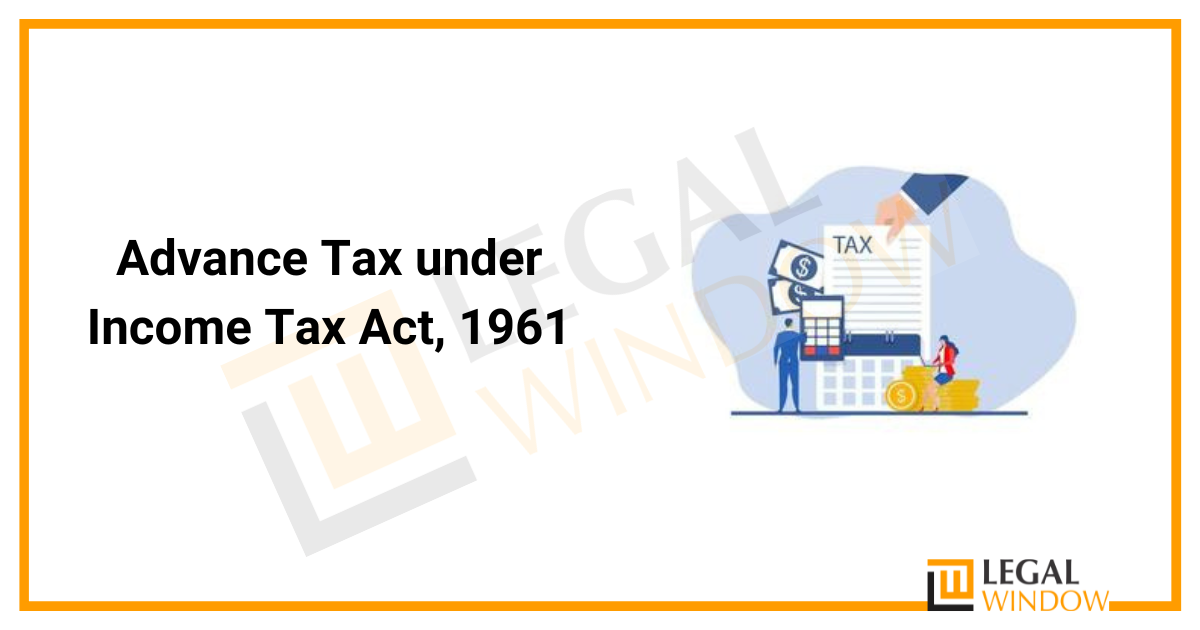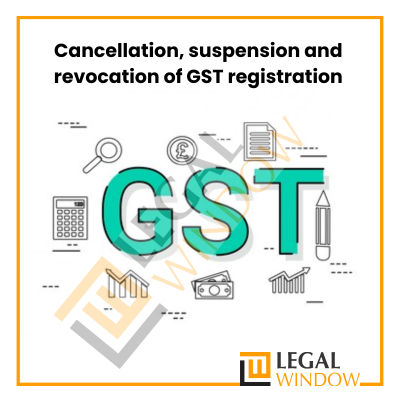
Every Indian citizen is required to pay tax if their income falls within the Income Tax bracket. The government relies heavily on taxation to fund its spending throughout the year. This funding is used for national development, infrastructure reform, and societal improvement, all of which contribute to the country’s economy. In India, there is a tax structure that is followed, and individuals are required to pay their taxes according to the tax slabs. Let us first define advance tax and how it is calculated in India.
| Table of Content |
Key Abstract
In India, advance tax refers to the practice of paying a portion of your taxes before the end of the fiscal year. According to Section 208 of the Income Tax Act, 1961, any individual whose estimated income tax liability for a given fiscal year is Rs 10,000 or more is required to pay his or her tax in advance, hence the term “pay-as-you-earn” scheme. The advance tax must be paid in the fiscal year in which the taxpayer receives the income.
The main advantage of paying advance tax is that you do not have to pay the entire tax bill when the fiscal year ends. The advance tax must be paid in four installments by the due dates specified for advance tax payments.
Let us first understand about Advance Tax under Income Tax Act, 1961.
Advance Tax under Income Tax Act, 1961
Advance tax is the amount of income tax that should be paid much in advance rather than in one lump sum at the end of the fiscal year in installments according to the income tax department’s due dates. Advance tax, also known as ‘pay as you earn’ tax, is meant to be paid in the same year as the income is received.
Who is required to pay Advance Income Tax?
Individuals who have a steady income aside from their salaries are subject to advance income tax, according to Section 208 of the Income Tax Act, 1961. If a taxpayer’s total tax liability in a fiscal year is Rs 10,000 or more, he is required to file advance tax. This is true for all taxpayers, including salaried individuals, freelancers, and businesses. People aged 60 or older, i.e. senior citizens with no commercial activity, are exempt from advance income tax.
Salaried individuals, freelancers, and businesses who earn a high income from sources other than their regular income must pay advance income tax after adjusting for expenses or losses.
While employers deduct TDS on salaries, advance income tax is paid on other income that is not subject to TDS. Self-employed professionals and business owners must pay taxes in advance because their liability can be enormous given their business’s income. The same is true for businesses and corporations. Taxpayers, who have opted for the presumptive business scheme, where the income of the business is assumed to be 8% of the turnover of less than 2 crores in INR, are exempt from paying advance income tax.
Advance Tax Payment Method
According to Rule 125 of the Income Tax Act, 1961, corporate taxpayers (i.e., businesses) must pay advance income tax only through the electronic payment mode, i.e., through the internet banking facilities of authorized banks (refer to the section below). Individual taxpayers other than companies who are required to have their accounts audited must pay their advance tax only electronically through the internet banking facilities of authorized banks. There are two ways for any other taxpayer to pay their advance income tax. They can pay their taxes either electronically or by depositing the challan at receiving banks.
Calculations of Advance Tax
The four steps to calculating advance tax are as follows:
- Estimate your total income from sources other than your salary.
- Deduct all expenses from your income, including medical insurance premiums, phone bills, travel costs, and so on.
- Now, add any other income you received in addition to your salary. This includes FD interest, house rent, lottery winnings, and so on.
- If the amount of tax calculated exceeds $10,000, you must pay advance tax.
Benefits of Advance Tax
Here is a list of the advantages of paying taxes in advance:
- It alleviates the burden of paying taxes at the last minute.
- It aids in reducing the stress that a taxpayer may experience when making tax payments at the end of the fiscal year.
- It prevents people from failing to pay their taxes.
- It aids in the collection of government funds because the government receives interest on the tax collected.
How Do I Pay My Advance Tax?
Advance tax payment, like regular tax payment, is made with a challan. Many banks accept advance tax payments in the form of challans. You can also pay advance tax from the convenience of your own home. Here’s a step-by-step guide to paying advance tax online with no hassles –
- To pay your advance tax online, go to the Income Tax Department Website.
- Select the appropriate challan (ITNS 280, ITNS 281, ITNS 282, or ITNS 284) to pay your advance tax.
- Enter your PAN Card information, as well as your address, phone number, e-mail address, bank name, and so on.
- After entering all of your information, you will be redirected to the website’s net-banking page.
- You will now receive all payment-related information. Enter all payment information and successfully pay your advance tax online.
Penalties in case of Non- Payment of Advance Tax
Failure to pay advance tax by the due date incurs a penalty. Section 234B imposes a penalty of one percent simple interest per month or part of a month on unpaid advance tax. If the taxpayer does not make the full payment, interest is charged on the difference. In the event of a payment shortfall, interest will be charged for a period of three months under Section 234C.

Takeaway
The provisions relating to advance income tax payment benefit both the government and the taxpayers. By collecting the tax in easy installments, taxpayers are relieved of the burden of paying a large sum of money all at once. The process also expedites collection and increases the state fund because the government earns interest on collected taxes on a regular basis. The quarterly schedule prevents taxpayers from falling behind on their income tax payments and assists businesses in managing their finances in a systematic manner.
Hurry and File your Income Tax Return before 31st July 2022. Legal Window will assist you with all the complications.
CA Pulkit Goyal, is a fellow member of the Institute of Chartered Accountants of India (ICAI) having 10 years of experience in the profession of Chartered Accountancy and thorough understanding of the corporate as well as non-corporate entities taxation system. His core area of practice is foreign company taxation which has given him an edge in analytical thinking & executing assignments with a unique perspective. He has worked as a consultant with professionally managed corporates. He has experience of writing in different areas and keep at pace with the latest changes and analyze the different implications of various provisions of the act.
Categories
- Agreement Drafting (23)
- Annual Compliance (11)
- Change in Business (36)
- Company Law (147)
- Compliance (88)
- Digital Banking (3)
- Drug License (3)
- FEMA (17)
- Finance Company (42)
- Foreign Taxation (6)
- FSSAI License/Registration (14)
- GST (117)
- Hallmark Registration (1)
- Income Tax (199)
- Latest News (34)
- Miscellaneous (164)
- NBFC Registration (8)
- NGO (14)
- SEBI Registration (6)
- Section 8 Company (7)
- Start and manage a business (20)
- Startup/ Registration (126)
- Trademark Registration/IPR (40)
Recent Posts
- Understanding the provisions of GST Audit and Adjudication April 20, 2024
- April, 2024 Tax Compliance Tracker: Income Tax & GST Deadlines April 18, 2024
- Managing Director & Whole Time Director in a Private Limited Company April 17, 2024
About us
LegalWindow.in is a professional technology driven platform of multidisciplined experts like CA/CS/Lawyers spanning with an aim to provide concrete solution to individuals, start-ups and other business organisation by maximising their growth at an affordable cost.







